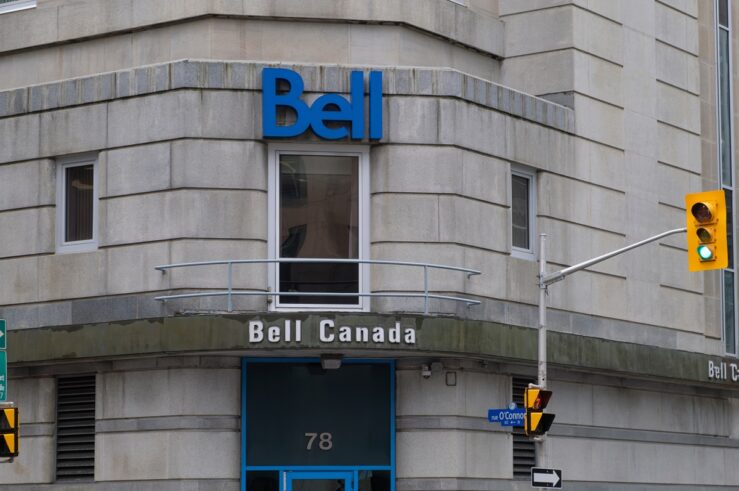Dan Crane has an excellent essay (“Chicago, Post-Chicago and Neo-Chicago“) reviewing Bob Pitofsky’s Overshot the Mark volume. Here’s Dan’s brief abstract:
This essay reviews Bob Pitofsky’s 2008 essay compilation, How Chicago Overshot the Mark: The Effect of Conservative Economic Analysis on U.S. Antitrust. The essay critically evaluates the book’s rough handling of the Chicago School and suggests a path forward for a Neo-Chicago approach to antitrust analysis.
Readers of the blog will sense similar themes from Crane’s essay and my own review of the Pitofsky volume, Overshot the Mark? A Simple Explanation of the Chicago School’s Influence on Antitrust.
Dan and I both criticize the volume for overplaying its hand on two key points: (1) that the Chicago School’s dominance in antitrust has been a function more of right-wing political ideology than economics, and (2) that the Post-Chicagoans can claim superior predictive power over Chicago models with respect to the existing empirical evidence. What interests me most about Dan’s excellent work is that we’ve come to very similar conclusions about a “path forward” for antitrust out of the Post-Chicago v. Chicago debates which have become largely political and lost economic meaning to most using the term. Our conclusions each embrace an empirically motivated style of analysis that is sensitive to error costs.
Dan identifies the “Neo-Chicago School”, a term coined by David Evans and Jorge Padilla, as the optimal “third way.” Basically, the Neo-Chicago school is the combination of price theory, empiricism and the error-cost framework to inform the design of antitrust liability rules. The new addition to the Neo-Chicago label is the addition of the error-cost framework. As I’ve written elsewhere, while I consider myself a subscriber to the Neo-Chicago approach, I’m not too convinced there is anything “Neo” about it. Here’s my mathematical proof of this proposition:
Neo-Chicago = Chicago + Error Cost Framework
Neo-Chicago = Chicago + Intellectual creation of Frank Easterbrook
Neo-Chicago = Chicago + Chicago
Neo-Chicago = 2*Chicago
It’s trivial to demonstrate then that Neo-Chicago is really just a double dose of the Chicago School. QED.
I’m not sure what that means, but there is a more serious point underlying all of this that goes beyond semantics. I think that Dan and Evans & Padilla both have it right that this theory + empiricism + error-cost framework is the most intellectually powerful approach to generating a coherent approach to antitrust based on the best available theory and evidence. In my recent work, including the Pitofsky book review linked above, I’ve calling this approach “evidence based antitrust” largely to avoid the whole Chicago v. Post-Chicago debate which has become so loaded that folks often use it as an excuse to say unreasonable or simply incorrect things.
As I articulate the “evidence based antitrust” approach, it too is the combination of the best available theory + empirical evidence + the error-cost framework. It may have the advantage of avoiding some of the political rhetoric that has become increasingly mainstream in these debates and shift our attention to the existing body of empirical evidence. But these things are very hard to predict. And of course, to the extent that a greater fraction of the antitrust debates nowadays are taking places in Congress, sensitivity to the existing empirics might be less likely.
Dan’s essay is highly recommended. Go read it. And look for some work from Crane and Wright in the future in a joint paper applying this sort of framework to bundled discounts.




